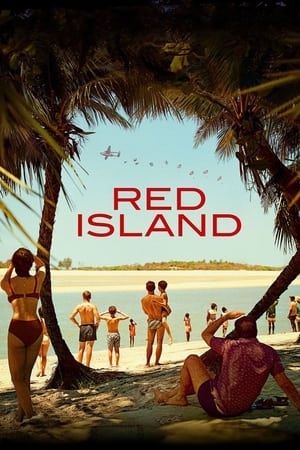
Red Island
Movies about little-known, faraway locations can be a great way to learn about exotic destinations and cultures. And those set in a historical context can offer excellent opportunities for insights into the legacies of these locales. Such was my hope for this offering from writer-director Robin Campillo about the waning days of the French presence on the island of Madagascar. Set in the early 1970s, approximately a decade after the nation gained independence from its former colonial occupier, the film follows the lives of several French military officers and their families, particularly their relationships with each other and with locals, at the time when France was withdrawing from the country. On the surface, this might sound like an intriguing premise for a film, but, instead, it’s a mess of diverse, largely unconnected story threads that are never fully fleshed out. Over the course of this release, the disjointed narrative changes focus multiple times, telling pieces of stories from the ever-shifting perspectives of an array of characters involved in a wide range of underdeveloped scenarios, many of which are introduced and subsequently allowed to fizzle without meaningful or satisfying resolution. Much of the picture explores childhood and coming of age matters from the standpoint of Thomas (Charlie Vauselle), a shy eight-year-old seeking to find his way and understand life in this enigmatic setting. But Thomas’s experience is intertwined with themes related to domestic discord, marital infidelity, interracial relationships, concealed secrets, questionable ambitions, political reform movements and the fading remnants of European imperialism. There are also a number of segments exploring Thomas’s vivid fantasy life, particularly his fascination with Fantômette, the subject of a French book series for young readers featuring a crime-fighting female superhero. In presenting all of this material, the film incorporates familiar elements reminiscent of a plethora of pictures, including everything from “The Year of Living Dangerously” (1982) to “The Ice Storm” (1997), among others. In the end, though, none of this hangs together especially well, frequently leaving viewers perplexed about what’s coming next or why some of this material was even included in the first place. It essentially feels like a movie put together by a committee, ultimately providing considerably more frustration than satisfaction. For what it’s worth, “Red Island,” sadly, is a real disappointment and a woefully missed opportunity to offer audiences something truly fresh, new and different, something the movie industry could really use more of these days.
